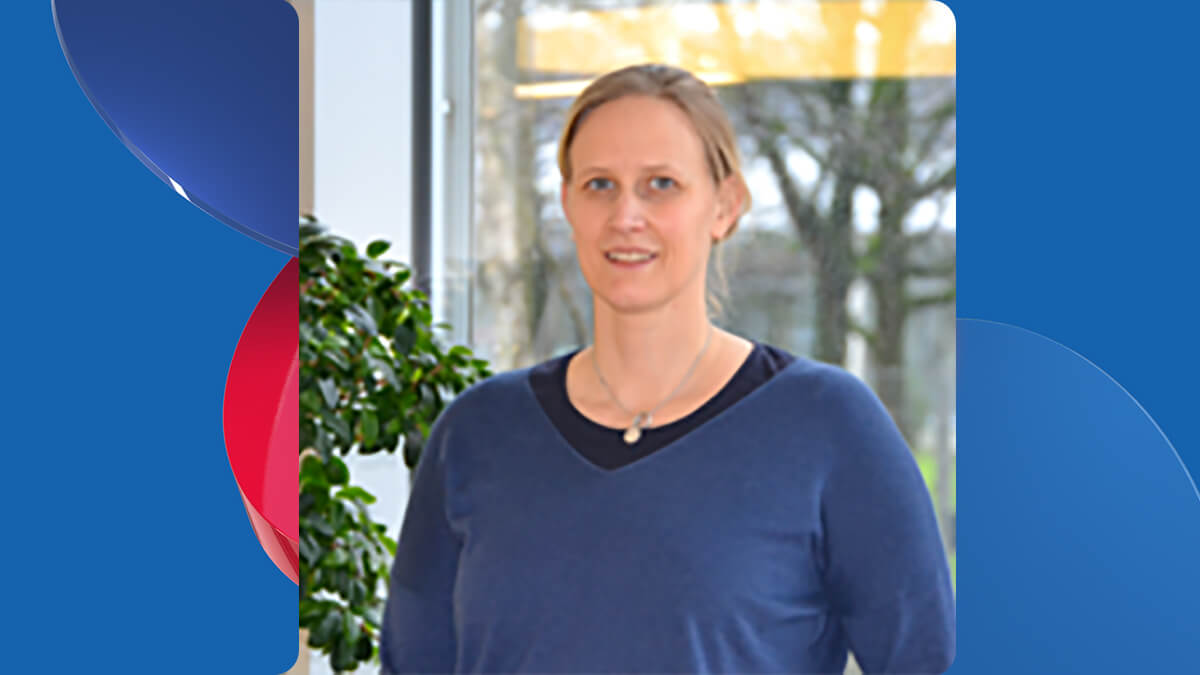Dr. Eva Haenssler
QIAGEN

September 22
Sustainability is a topic of increasing focus, also in science, where research generates significant amounts of waste and consumes a lot of energy. Many of us are making changes in our personal lives to reduce our ecological footprint, and there is a growing movement to also do this in the lab.
To contribute to these efforts and move toward a more eco-friendly approach in science, we will introduce the QIAwave product line. While maintaining the same performance, these kits use more environmentally friendly packaging than our standard kits, including removal of paper instructions and single-use spin column packaging. Buffers are offered as concentrates, and collection tubes are replaced with waste tubes made from 100% post-consumer recycled plastic. This reduction in packaging is only a first step; further developments will focus on the additional reduction of plastic components.
In this session, we will also share some small routines in the lab that can already have a positive impact, as well as excellent initiatives that encourage collaboration and idea-sharing.
September 29
Sustainability is a topic of increasing focus, also in science, where research generates significant amounts of waste and consumes a lot of energy. Many of us are making changes in our personal lives to reduce our ecological footprint, and there is a growing movement to also do this in the lab.
To contribute to these efforts and move toward a more eco-friendly approach in science, we will introduce the QIAwave product line. While maintaining the same performance, these kits use more environmentally friendly packaging than our standard kits, including removal of paper instructions and single-use spin column packaging. Buffers are offered as concentrates, and collection tubes are replaced with waste tubes made from 100% post-consumer recycled plastic. This reduction in packaging is only a first step; further developments will focus on the additional reduction of plastic components.
In this session, we will also share some small routines in the lab that can already have a positive impact, as well as excellent initiatives that encourage collaboration and idea-sharing.